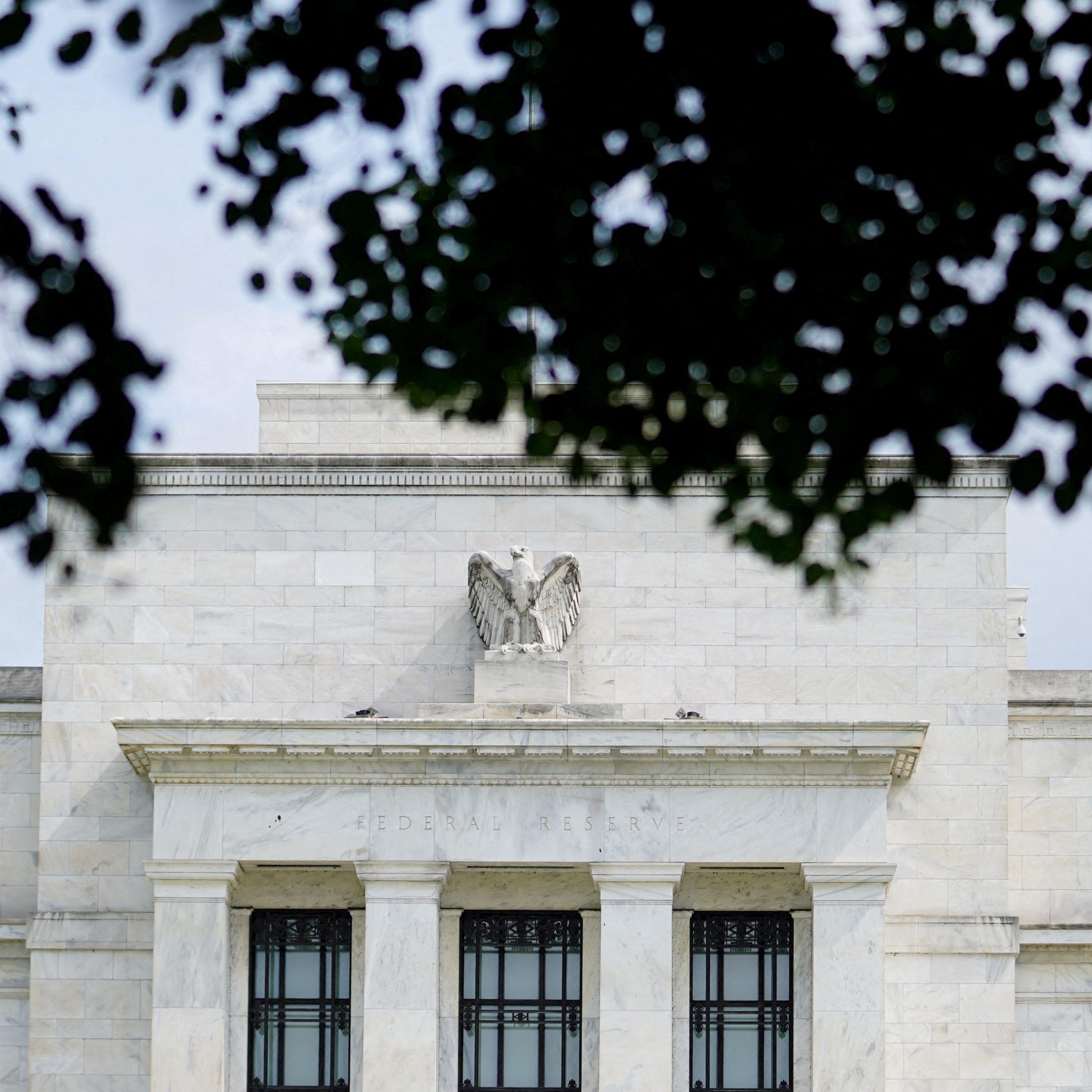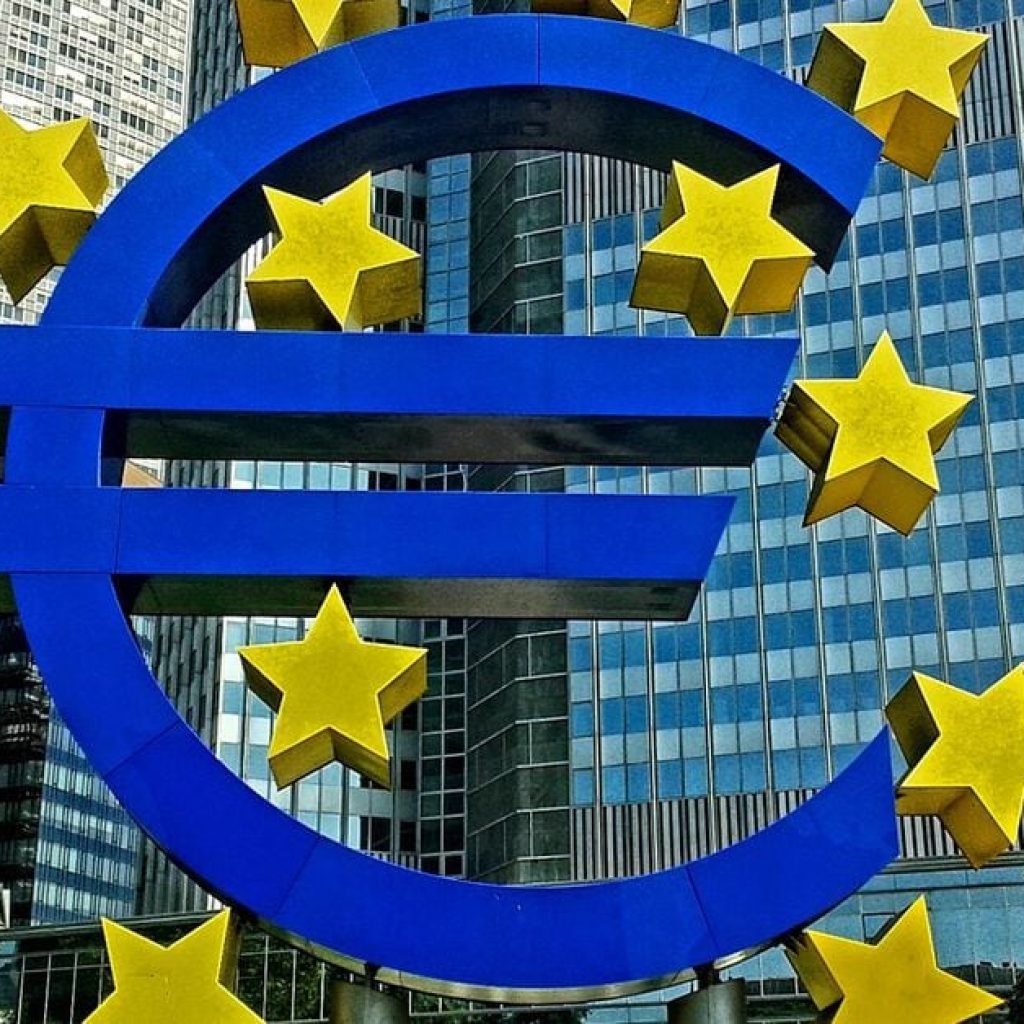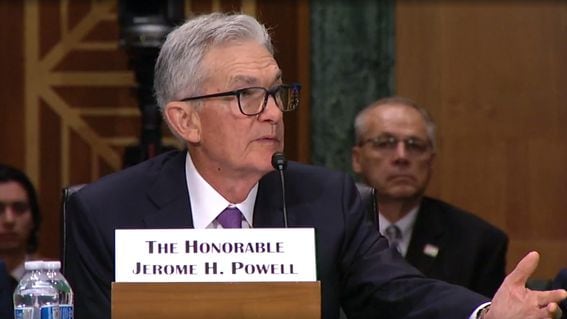Goldman Sachs predicted that the U.S. Federal Reserve will deliver successive 25 basis points (bps) interest rate cuts from Nov. 2024 through June 2025. The bank expects the final interest rate to range between 3.25% and 3.5%.
According to the CME’s Fedwatch Tool, there is a 94.1% probability of such a cut and only a 5.9% chance that the Federal Reserve will maintain rates at their current level. The overnight rate currently stands between 4.75% and 5%.
Goldman Sachs predicts more Fed rate cuts starting this November
Goldman Sachs expects series of consecutive 25 basis point Fed cuts ahead https://t.co/PLz0irR79j pic.twitter.com/j6zG7GDQlD
— Reuters (@Reuters) October 17, 2024
The Fed’s last meeting saw a significant reduction in interest rates as the central bank lowered the overnight rate by half a percentage point. The overnight rate cut signals growing confidence in the ongoing inflation decline towards the Federal Reserve’s annual target of 2%. Many financial market analysts anticipate a 25-basis-point rate cut at the Fed’s next meeting.
In addition to the Fed’s rate cut prediction, Goldman Sachs projected a 25-basis-point cut at Thursday’s European Central Bank monetary policy meeting. Goldman Sachs noted that the ECB sought to deliver sequential 25-bps cuts until the policy rate reached 2% by June 2025.
The positive development means lower credit card and loan interest rates for borrowers. Some investors pointed out that the smart approach will be for the Fed to drop the rates sooner.
“If they are smart they will drop rates to 2% quickly to stop a liquidity squeeze and Great Depression.”
–James, Crypto Analyst
Goldman Sachs’ prediction reflects a broader economic outlook that suggests a gradual easing in monetary policy. The bank claims that central banks are expected to become less aggressive in raising interest rates as inflation declines and economic growth stabilizes.
Eurozone traders fear the ECB’s rate cuts may be slow
Reuters reported that despite the predicted rate cuts by the ECB on Oct. 17, investors fear that the cuts may not be quick enough. The ECB has shown little appetite to cut rates as it appears stuck to its data-dependency mantra. Traders are, however, banking on a 90% chance of a 25-bps cut, which is a huge increase from the 20% likelihood predicted before September’s ECB meeting.
Mark Wall, Deutsche Bank’s chief European economist, said that if the ECB fails to effect cuts in October, the European market will think the central bank is behind the curve and probably making an error in policy.
Data signals a worse Eurozone economy than when policymakers last met, strongly suggesting a likelihood of quicker rate cuts than the suggested quarterly pace for June and September cuts.
Several policymakers, including ECB chief Christine Lagarde, have already argued for an October cut, pointing out that the ECB’s decision will reflect confidence in declining inflation.





